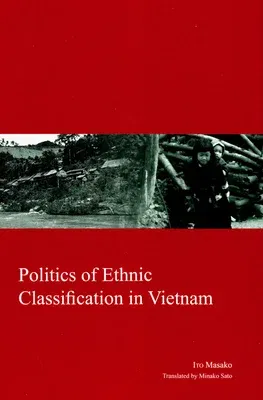Officially, the Socialist Republic of Vietnam has a total of 54 ethnic
groups, including the majority Kinh and 53 ethnic minority groups. This
book examines the history of the ethnic group determination process,
highlighting some of the challenges the official policies pose to both
the state and the affected peoples. Vietnam has proudly embraced its
multiethnic identity, seeking the equality of all ethnic groups in the
interests of national unity. Yet, among other things, it appears that
the total number of ethnic categories was rather arbitrarily determined
initially, and then fiercely defended by influential politicians and
academics. Furthermore, the extensive field surveys reveal that ethnic
policies are frequently manipulated at the regional and local levels in
pursuit of economic interests, and not infrequently, to the detriment of
those they were intended to benefit. (Series: Kyoto Area Studies on
Asia - Vol. 23) *** Professor Ito has succeeded admirably in
juxtaposing her study of official documents, interviews with officials
and academics, and the results of her own excellent first-hand field
work to demonstrate why ethnic classification in Vietnam has been far
more a political than a scientific project. Her book deserves to be read
not only by those interested in Vietnam but also by others interested in
the politics of ethnicity more generally. - Pacific Affairs, Vol. 87,
No. 4, December 2014Ã?Â?Ã?Â?

